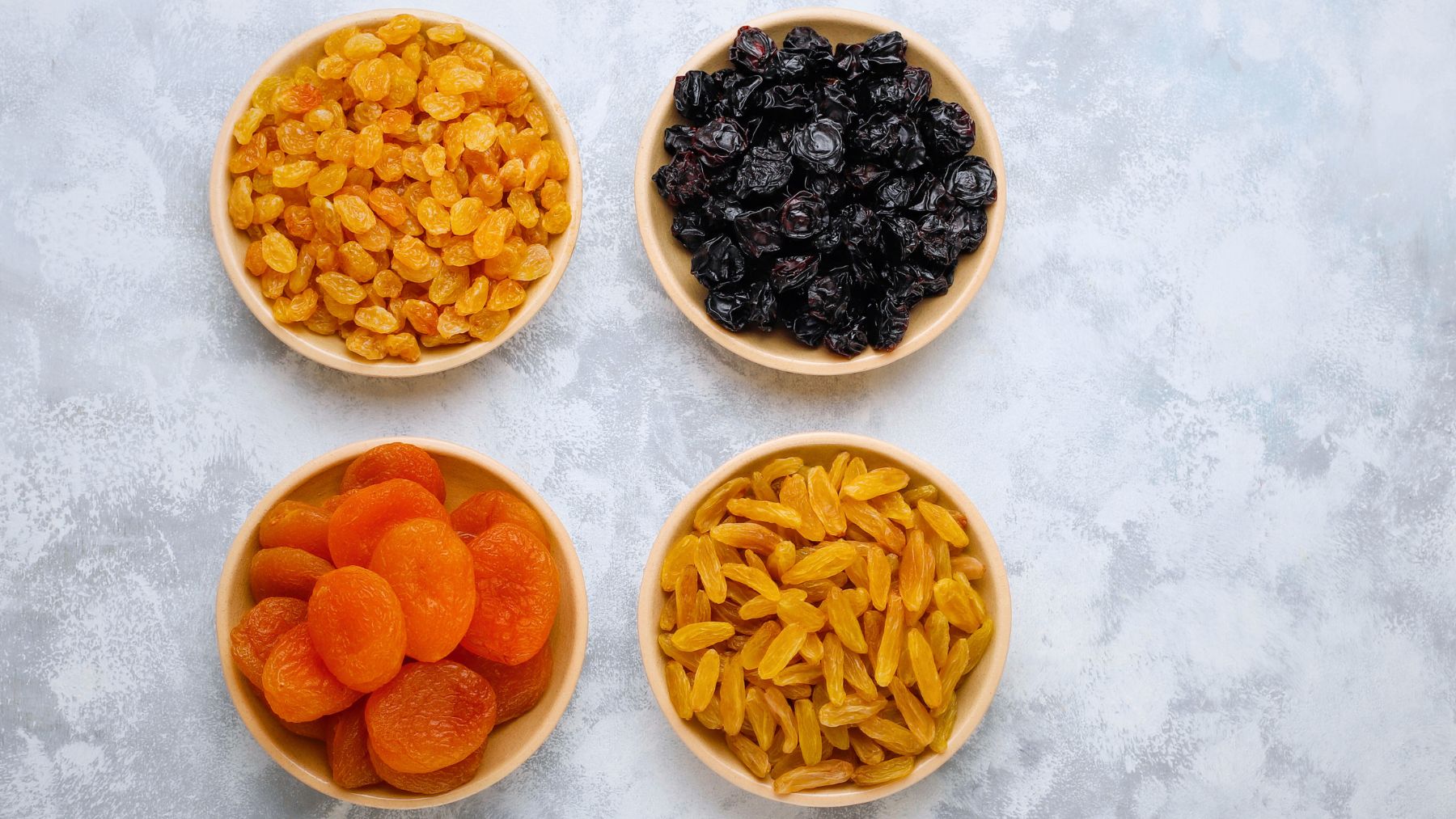Spinach tends to top the list when it comes to iron-packed foods, but there’s a caramel-colored fruit that’s been sustaining desert cultures for millennia, and it’s sweet, chewy, and surprisingly powerful for your health. We’re talking about dates, a pantry staple that delivers more than just quick energy.
We’ll look at how dates measure up in iron content, how they help keep your muscles strong, and easy ways to slip them into your daily meals without feeling like you’re raiding a candy jar. Let’s get to it.
Dates deserve a spot in your iron-rich diet
One hundred grams of Medjool or Deglet Noor dates pack in at least 5% of your daily iron requirement. Although it’s a modest number compared to steak, chicken liver, or oysters, dates also provide dietary fiber, potassium, magnesium, trace copper, and a mix of flavonoid and phenolic antioxidants.
That fiber—around 7 grams per serving—helps stabilize blood sugar after a workout, while magnesium and potassium maintain healthy muscle contractions and heart rhythm. They’re low in fat, have no cholesterol, and offer a steady source of energy thanks to their natural sugars. That’s why athletes and active people often turn to dates for a quick fuel boost that won’t spike blood sugar too fast.
On top of supporting red blood cells, dates’ anti-inflammatory properties and gut-friendly fiber aid recovery after intense physical activity. While the iron in dates is non-heme and not absorbed as easily as the iron in meat, pairing them with foods high in vitamin C—like oranges or strawberries—can help your body absorb more of it.
Simple ways to add dates to your meals
You don’t need to eat a pile of dates to get the benefits. A few a day—around three to six—is enough for most people. They’re sweet and easy to include in your routine without a lot of prep. Here are some practical ways to work dates into your meals:
- Snack on them plain: Stash dates in your bag or desk drawer for a midafternoon pick-me-up.
- Stuff with nut butter: Split a date and fill it with almond, peanut, or sunflower butter.
- Blend into smoothies: One or two dates in a smoothie add natural sweetness and a nutrient boost.
- Chop into oatmeal: Stir diced dates into hot oats along with walnuts, chia seeds, and cinnamon.
- Toss in salads: Mix chopped dates into quinoa bowls, kale, or bulgur salads to add a sweet counterpoint to savory greens.
- Bake with them: Use dates to sweeten muffins, energy bars, or quick breads naturally.
- Make energy balls: Blend dates with oats, flaxseed, nuts, and cacao nibs until clumpy, then roll into bite-size snacks.
- Pair with vitamin C: Enjoy dates alongside orange segments, kiwi slices, or roasted red peppers to help your body absorb every last bit of iron.
Dates are flexible and easy to enjoy in both sweet and savory dishes. They support your energy, your digestion, and your muscle health without much effort. If you’re looking to strengthen your muscles and need more iron in your diet, spinach still has its place, but dates offer a sweet, natural option that’s worth a spot in your pantry.

